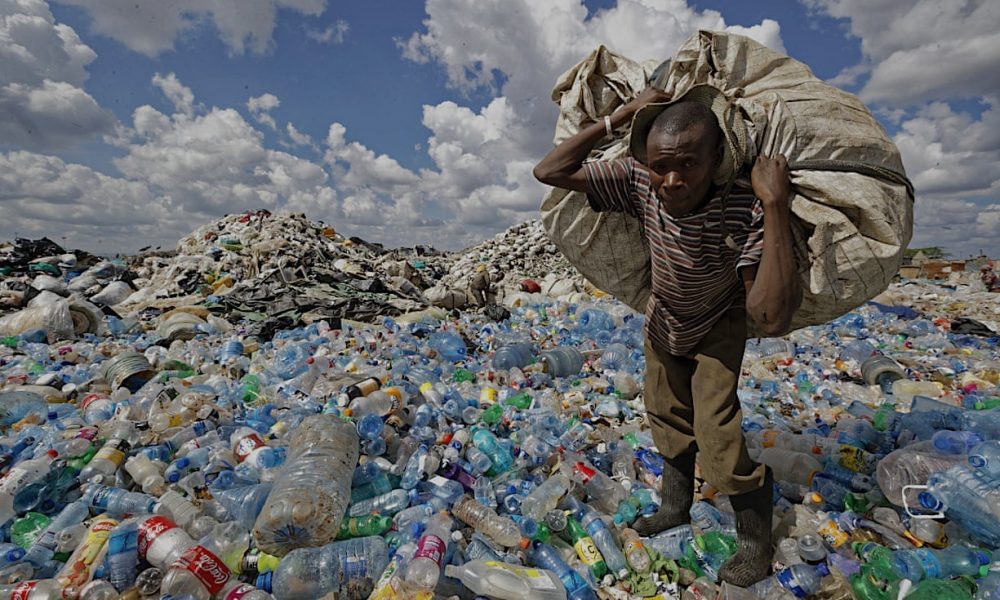The organizational goal of EnMass Energy was to create a profitable business model for renewable energy that generated the greatest social benefit within developing economies. The founding focus on developing countries came from a position of both need and ability within our team, with a combination of experience and connections on the ground in the energy sector. We quickly realized that our plan of building a global energy utility that utilized the wastes present in the agricultural sectors of Asia and Africa, was not going to get very far without serious emphasis on the supply chain. So much of our initial discussion with energy investors during those first years revolved around the energy technology the project would use. I think now that this emphasis existed because traditionally, investing in an asset-based project in a developing country, even if it was new or breakthrough technology, was ultimately less risky than innovative business models or had more upside for investors with friends working at major energy equipment providers.
We eventually diverged away from project development, and realized that two things needed to happen to truly find success with my original founding idea: 1.) It is going to be extremely difficult to get investment funding if the solution has varying value propositions in different countries, regions, or markets, and 2.) We had to figure out the supply chain.
The supply chain is the holy grail of waste-to-energy; no project is successful without one, but because they can be so difficult to establish, operate, and expand, there is very little emphasis on innovation or new implementation methods. Scale! Scale is traditionally the only thing that can expand waste-to-energy opportunities. It is why companies like Waste Management and Covanta have the largest waste-to-energy portfolios in the US – they have the infrastructure to more efficiently create and manage projects.
EnMass Energy became the solution to scale issues for individual agricultural waste-to-energy projects. All of our experiences, conversations, modeling, and research went into our software platform, designed to support the projects we still thought could be built. We specifically addressed the lack of communication and transparency that exists in the agricultural sector, established the best means of waste collection by optimizing routes and building partnership structures, integrated sophisticated mapping features, and included a way to engage transporters to create buy-in and ongoing relationships. These aspects were all included in a single financial system that allowed quick payments and escrows to maintain financial transparency and reduce risk. It was an elegant solution built for developing countries.
Then came COVID-19, and the need for reduced social interaction. We realized the issues we were solving that we assumed were specific to developing countries, were really issues related to undeveloped markets in general. Waste-to-energy remains a globally underdeveloped market, and as such, our solutions had a potential for applications in US projects, including sites within driving distance from our headquarters.
One-off ad-hoc supply chains. A lack of clarity and market making. Limited opportunities for expansion. Slow payments to 3rd parties and billing for customers. These are all major issues in the current US waste-to-energy industry. Sound familiar?
With the support of wonderful new advisors in the US energy industry, EnMass Energy has expanded our reach from just agricultural waste, to any and all wastes that are unpriced – but can have a positive value if utilized properly. We have expanded our platform to have a truly global reach, beyond singular regions or countries. And our ability to support both established and developing projects with supply chain build out, operation, or due diligence means that our service offerings are more robust than ever before.
We are doing exciting and innovative things at EnMass Energy. Find out more at www.enmassenergy.com.
